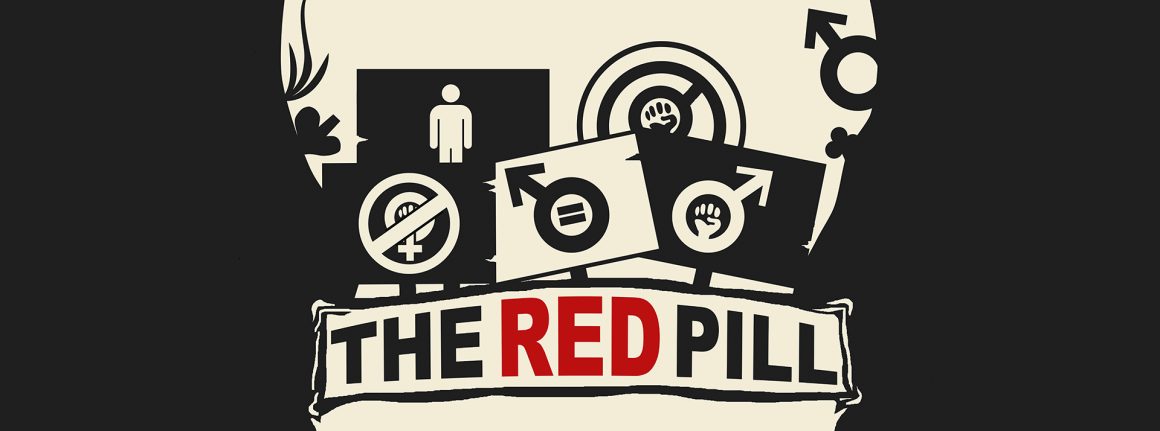
You’re probably wrong when you use “free speech” to justify your problematic opinions
By Derek Baker, April 4 2017 —
Do you think freedom of speech is under attack? Despite the vocal concerns raised by people crying out “social censorship! You’re infringing on my right to free speech!” whenever their ideas are criticised, rest assured — the fundamental right of expression is still alive and well in the Canadian context.
Under the Canadian Charter of Rights and Freedoms, an exact mention of “freedom of speech” does not exist. What we constitute as freedom of speech actually falls under Section 2 of the Charter, which states that everyone has the “freedom of thought, belief, opinion and expression, including freedom of the press and other media of communication,” among other fundamental rights.
This right has been described as one of the most important features of democratic society. It allows us to criticise government actions and policy without the threat of persecution. It’s what allows me to write, “I believe the current large deficit spending by governments is bad,” without fear of being thrown in jail.
Most importantly, the Charter dictates the legal relationship between the government and Canadian citizens. It sets limits on what the state is allowed to coerce individuals within the country to do. Within reasonable limits, laws that infringe on the freedom of expression that would allow government actions to go unchallenged are unconstitutional.
As a public institution, the University of Calgary is restricted in its ability to limit expression of groups, so long as they do not directly propagate violence or hate. It is for this reason that we have to walk by pro-life garbage on the way to class every few weeks.
The Charter does not, however, govern exchanges between individuals. In no way does the Charter state that an individual calling an opinion of another individual problematic is a violation of your constitutional right, nor does it prescribe that I need to listen to and accept that your problematic opinion is somehow justifiable.
If you are denied a platform to express your views, especially in a private forum, your freedom of expression is not being violated. This is because that is not what the right means.
For example, the Plaza Theatre recently faced controversy over a screening of The Red Pill after concerns from the community surrounding the anti-feminist content of the film. Screening or not screening the film is not a violation of any constitutional right. Anyone who says so is severely misguided on what constitutes a “right to free speech” in the Canadian context.
Notably, the extent to which freedom of expression is protected under the Charter is limited. The first section of the Charter only guarantees rights and freedoms “to such reasonable limits prescribed by law as can be demonstrably justified in a free and democratic society.” Though the application of such a clause can be worthy of some criticism such a clause makes it legal to pass laws regarding hate speech, obscenity and defamation.
Remarks about the death of free speech in Canada are distorted. Such claims diminish actual violations to rights and freedoms held by Canadians. Ultimately, just because someone doesn’t want to hear your opinion doesn’t mean your “right to free speech” is being violated.
